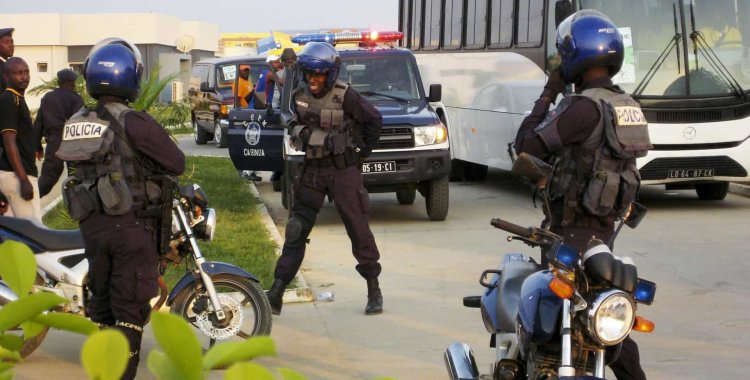"The FLEC-FAC [Front for the Liberation of the State of Cabinda-Armed Forces of Cabinda] strongly condemns the terrorist attack carried out today at 6:00 am by the Angolan Armed Forces against Cabindan civilians in the Congolese village of Mbaka-Nkosi, in central Congo ", reads the document signed by the secretary general of FLEC, Jacinto António Télica.
According to FLEC-FAC, it was "another violation of the Congolese border by soldiers of the Angolan army, in pursuit of civilians from Cabinda who took refuge in the Democratic Republic of Congo (DRCongo)".
The six dead are three men aged 36, 65 and 69, and three women aged 36, 56 and 62, he says.
The independence organization "is outraged by the complicit silence of Kinshasa in the face of the incursion of the Angolan army in the southwest of its territory".
"UN Secretary-General António Guterres cannot and must not remain indifferent to the tragedy suffered by refugees from Cabinda and the crimes perpetrated by the Angolan government in DR Congo. The seriousness of the situation in Cabinda requires urgent action by the United Nations to prevent the worst in the area and conjure up the dangers", defends the secretary general of FLEC, who challenges Guterres to "condemn the policy of repression and the oppression carried out by Luanda against Cabindan civilians in exile".
"António Guterres must ask the Angolan government to stop the abuses and persecutions against these populations. The international community's response must be proportionate to the situation in Cabinda", the statement concluded.
For several years, FLEC has been fighting for the independence of the territory, from which a large part of Angolan oil comes, claiming that the enclave was a Portuguese protectorate, as established in the Treaty of Simulambuco, signed in 1885, and not an integral part of the territory. angolan
However, the Government refuses to recognize a situation of instability in that province, always stressing the unity of the territory.







